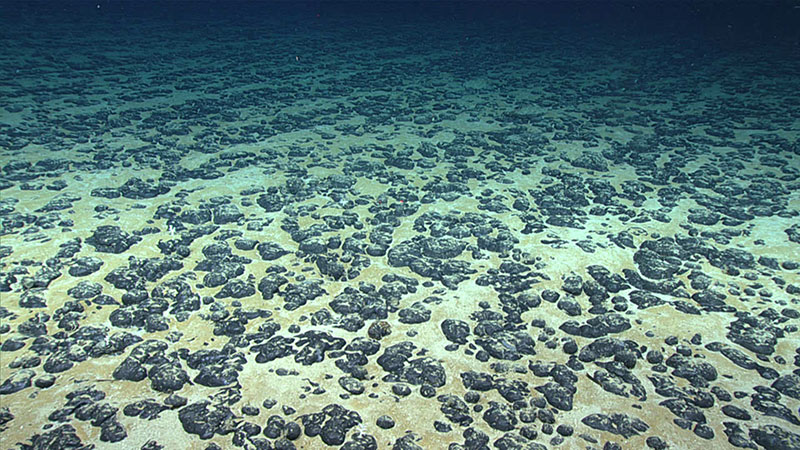In Kingston, Jamaica, a historic election was conducted by secret ballot earlier this month to determine the governance of vast lands that hold more power than any nation on Earth. The outcome of this election could have far-reaching consequences that will echo for generations to come.
The International Seabed Authority (ISA), an intergovernmental body responsible for managing over half of the world’s ocean floor, has been deliberating for the past thirty years on creating a legal framework for mining activities in the deep sea. This unexplored ecosystem, hidden under immense oceanic pressure, holds valuable polymetallic nodules that are rich in cobalt, nickel, manganese, and copper.
These nodules, formed over millions of years by organic matter and minerals, have attracted the interest of governments and private industries since the 1960s. The idea of deep-sea mining offering a cheaper and more abundant source of valuable metals than traditional terrestrial mining has sparked a rush to establish regulations for access to these resources.
In 1982, the United Nations issued the Convention on the Law of the Sea (UNCLOS), declaring the seabed the “common heritage of mankind” and establishing the ISA to govern exploration and mining activities. However, the industrial powers initially resisted these regulations, citing concerns over their socialist nature and the perceived loss of power to developing countries.
Despite global efforts to ratify UNCLOS, the United States remains a holdout, preventing access to mining concessions in international waters. In recent years, the ISA has begun awarding exploration contracts to private companies in a move that some critics see as favoring industrial interests over environmental protections.
The debate over deep-sea mining has intensified in recent years, with proponents arguing that it could aid in the global transition away from fossil fuels. However, skeptics warn that opening up a new source of extraction could lead to increased competition in the mining market, potentially exacerbating environmental issues on land.
In 2021, a Canadian mining venture, The Metals Company, made a significant bid for a mining license from the ISA. Despite ongoing concerns about the impact of deep-sea mining, the company has announced plans to move forward with extraction efforts, raising questions about the future of ocean governance and environmental protection.
The recent election in Kingston saw the incumbent secretary-general of the ISA lose his position, signaling a potential shift in the direction of deep-sea mining policies. As the world grapples with the implications of extracting resources from the ocean floor, the need for sustainable and responsible practices in deep-sea mining has never been greater.






